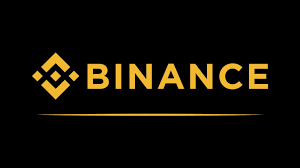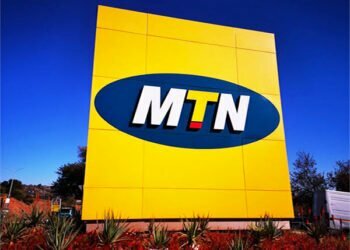President Bola Tinubu, in an unscripted moment during his May 29 inauguration speech, boldly declared the end of fuel subsidy, a policy that has sparked intense debates and political turmoil in Nigeria since its inception in the 1970s. To mitigate the adverse effects of fuel subsidy removal, various businesses and initiatives have been coming up with innovative solutions to the challenges caused by subsidy.
One of such initiative put forward by Nairaxi and Firstplus has firmly advocated for a private sector-driven approach to digitize mass transit systems. An innovation in this type, the firms believe would alleviate the hardships faced by commuters across Nigeria.
Chairman of Firstplus, Yusuf Umar, highlighted the ongoing plans to collaborate with the FCT Administration, stressing the importance of mitigating the impacts of fuel subsidy on Nigerian citizens. The mass transit scheme, he affirmed, will revolutionize the transportation landscape. Co-founder Kingsley Eze also expressed confidence that this initiative would enhance access to affordable transport services, benefiting the general public. He explained, “The sustainable platform provided by Nairaxi’s Automated Fare Collection system enables the convenient use of contactless smart cards as cashless payment instruments in various public transportation modes.”
Eze reiterated that this platform offers an effective means for governments to subsidize mass transportation while generating substantial revenue. Furthermore, Nairaxi is partnering with road transport operators and state governments to integrate technology into the existing mass transit systems, ensuring seamless payment, improved accessibility, automated fare collection, enhanced security, and comprehensive monitoring for sustainable management. In his remarks, Eze emphasized that these initiatives would combat corruption and fraudulent activities in fare collection through the implementation of the Auto-fare Collection System (AFCS) and user smart cards (USC).
READ ALSO: Tinubu Supports $5bn Floating LNG Project to Enhance Gas Resource Development
” These innovative solutions are designed to track transactions and payment history, promoting transparency and accountability. It is worth recalling that within three weeks of assuming office, President Bola Ahmed Tinubu introduced a series of policies, including fuel subsidy removal and the unification of exchange rates. These pro-market development policies have immense potential to position Nigeria as an attractive investment destination.
Nairaxi’s helmsman, during a discussion on the initiative’s benefits, emphasized their commitment to providing customized electronic transit cards and subsidizing mass transportation on behalf of the government.
This strategic move aims to alleviate the economic hardships faced by the masses due to the removal of fuel subsidies. The Nairaxi executive stressed the urgent market need and the imperative of implementing palliative measures to cushion the effects of subsidy removal. The private sector’s active involvement, he asserted, will drive progress and facilitate the nation’s advancement.
On her part, Elizabeth Omale, the Co-founder and COO of Nairaxi, also spoke at the conference, shedding light on the initiative’s transformative potential in Nigeria’s transport sector. She highlighted that Nairaxi is a locally developed application poised to make a substantial impact in the industry, emphasizing the untapped opportunities within the transport sector.
“As Nairaxi spearheads the digital transformation of Nigeria’s mass transit systems, it paves the way for a brighter future, minimizing the adverse effects of fuel subsidy removal and ushering in a new era of efficiency, accessibility, and affordability. With the integration of advanced technologies and strategic collaborations, the nation’s transport sector stands poised for remarkable progress,” she said.


























